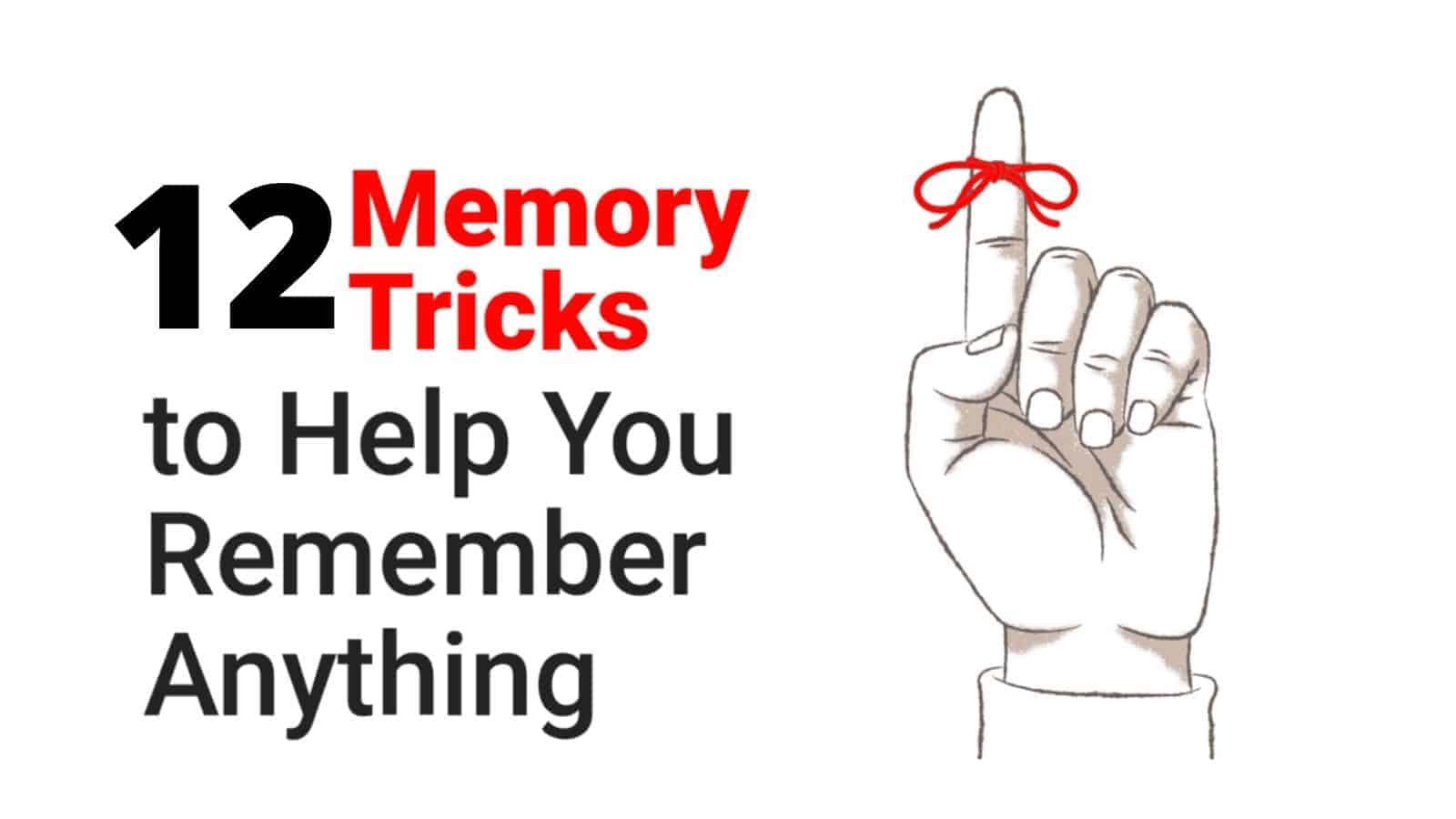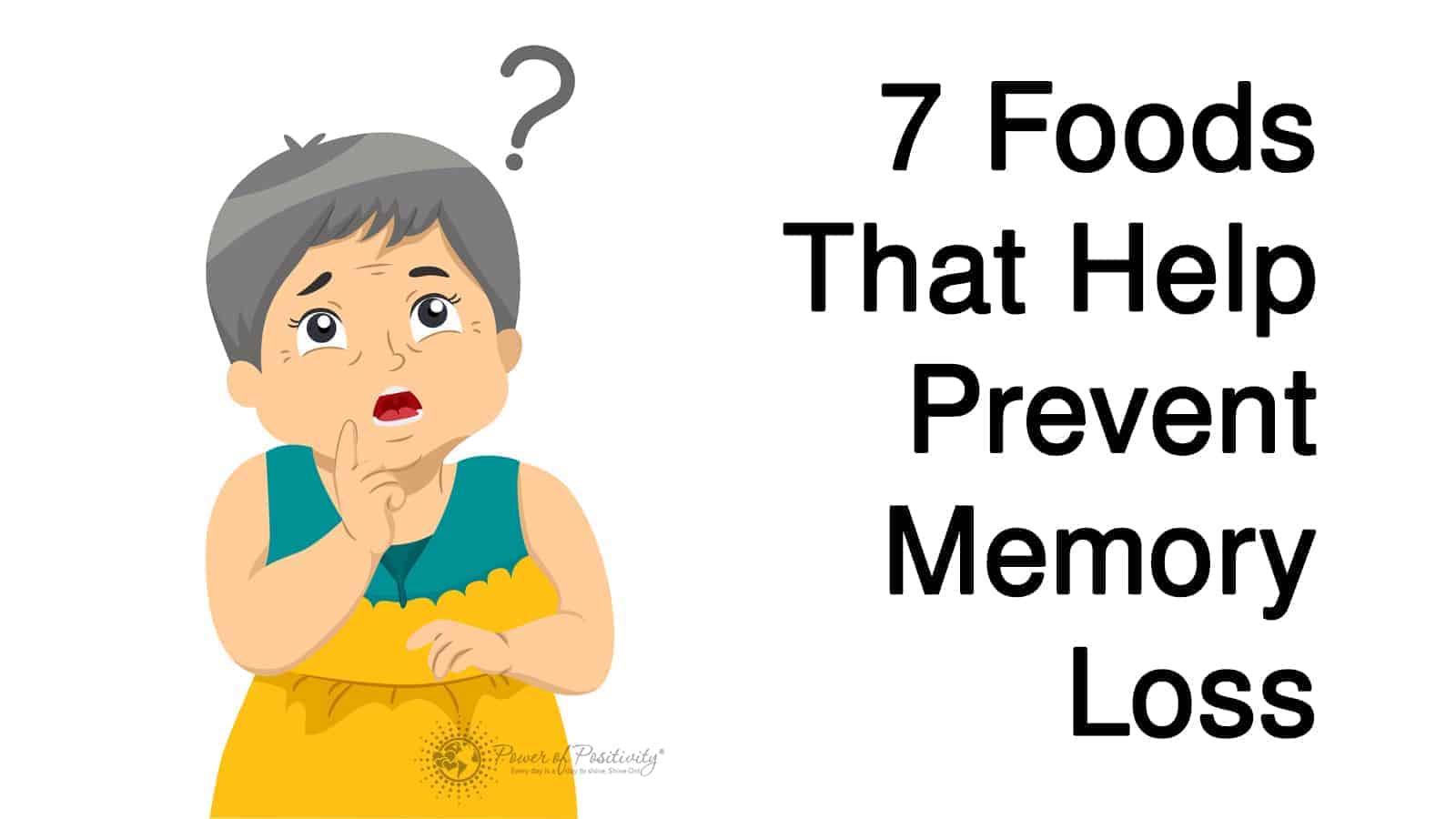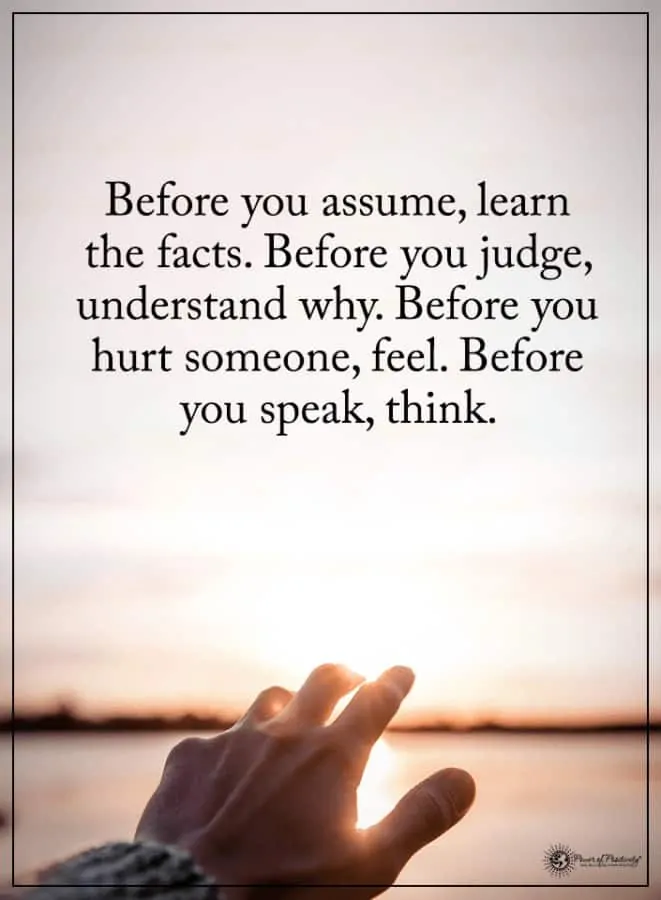Does it feel like the older you get, the more your memory begins to slip just a little bit? Fortunately, you can work on improving your memory regardless of the season of your life. With the memory-boosting hacks we’ll share today. You will be back on your way!
First, let’s take a look at a theory on memory to give you a solid starting point.
The Multi-Store Memory Model (MSMM)
The Multi-Store memory model (MSMM) is a structural model composing of three completely separate memory stores where information passes across in a linear way. The three stores are:
– The Sensory memory store
– The Short-term memory store
– The Long-term memory store.
– Saj Devshi
The Multi-Store memory model, or MSMM, provides a unique view on memory. It says, “You can remember anything with adequate rehearsal.” If you are interested in how MSMM breaks down, here’s a quick explanation:
- Sensory memory is the first store. It receives constant information from a multitude of external stimuli through the five senses (hearing, sight, taste, smell, touch).
- Short-term memory (STM) is the second store. Through rehearsal, it will get processed into the last store.
- Long-term memory (LTM) is the third and last store, which encodes memories. This store contains unlimited capacity.
When we remember an event or information, the STM retrieves the data held by the LTM and brings it to our attention.
Here are five memory tricks that “hack” this model:
1. Chunking
Most of us only hold about four to seven things in our STM at any given time. “Chunking” – or grouping several items into a larger whole – allows you to remember much more.
Chunking is all about making something memorable by making it more meaningful. For example, say that you need to remember to purchase the following list of items: eggs, red peppers, milk, apples, tomatoes, toothpaste, sesame oil, and super glue.
Look closely at the first letter of each item. Can you construct a word from the eight letters’ E-R-M-A-T-T-S-S’? You can: M-A-T-T-R-E-S-S. Congratulations. You now know how to chunk information. And you’re more likely to remember all eight items when you need to buy them later on.
2. Acrostics
Acrostic is a handy mnemonic where you form a complete sentence or series of words in which the first letter of each name stands for something to remember.
Let’s say that you wanted to remember the planets of the solar system in order. You could use repetition and drill the names Mercury, Venus, Earth, Mars, Jupiter, Saturn, Uranus, and Neptune into your memory, or you could come up with some whacky story like: “My very educated mother just served us nachos.”
Acrostics are very useful for another reason: the brain tends to remember strange things. Picturing your Mom in graduation getup serving you a plate of nachos certainly qualifies!
3. Method of Loci
This third method, popularized by the ancient Greeks and Romans, is terrific for visual learners as it stokes the imagination and engages spatial memory. The method of loci works best for those who have a vivid imagination and a creative streak. That said, here are four steps:
- Learn a set of significant locations organized in a well-known journey (Example: a running trail).
- Create a mental image of each piece of information that you need to remember.
- To encode the concepts, visualize each item at the significant location of the well-known journey from Step 1.
- To retrieve the information, mentally retrace (visualize) the route. As you imagine each of the locations, they act as cues to remember the required items in sequence.
4. Mind Mapping
You will find mind mapping useful not only for remembering things but also as an effective tool that helps drive home key points. Mind maps work similarly to the mind in that they branch out in different directions.
Typically, you will put the topic in the middle of the map and draw branches coming out of it. To illustrate, let’s use mind mapping as an example!
- Write the phrase “Mind Mapping” in the center of a page.
- Draw the five vital elements of mind mapping as the main branches; for instance: benefits, creativity, collaboration, planning, productivity.
- From each main branch, extend one or more sub-pieces of information. For example, from the central unit “creativity,” you may write three other associated topics, such as “ideas,” “innovation,” and “thoughts.”
Creating a visual map causes a different set of synapses in your brain to fire, which enables you to remember more effectively.
5. Repetition
The adage “Repetition is the mother of all learning” conveys a truth. As the MSMM shows, repetition effectually transfers information from the short-term memory (which has a limited capacity) to long-term memory (which is unlimited in both breadth and duration.)
Combining repetition techniques – as opposed to reading and writing something over and over again – helps you form multiple neural pathways to the formed memory. In short, your brain has more than one road to travel when you need to retrieve the information.
Explaining something you are learning, for example, stores the information into what is called the semantic memory. In contrast, the act of speaking out loud stores the data in your auditory memory. In one practice, you can develop multiple methods of storing and retrieving information! The same concept applies when listening to someone and jotting down notes.
Besides these MSMM memory hacks, here are a few other techniques to consider.
6. Alliteration to improve memorization
What does that mean? Alliteration is when you repeat the initial consonants in a group of words. Alliteration is a great tool to remember lists such as capitals of states, a grocery list, or a list of family members. So, remembering your grocery list could be- apples, a red wine, add chips, aged cheese, ancho chilies, and aromatic coffee beans.
7. Alliteration with a person’s personality and name
Another ideal memory trick to remember someone’s name is to study their personality or physical characteristics. Then using alliteration, create a description of them with the quality and their first name. For instance, you might come up with Chris is creative, Suzanne is short, and Muhamed moves a lot.
8. Rhythm and rhymes
If you like rhythmic music or cadences, you may find that adding rhythmic beats to this information can help you to remember. For instance, if you’re memorizing an address or phone number, say it with a rhythmic cadence, so it becomes a chant.
Rhyming is another ancient method used for generations to memorize information. Short, easy to remember rhymes can share information or tell a story. You may have put this into practice when you learned how to know if a snake was poisonous from this little rhyme, “Red touches black is safe for Jack. But if red touches yellow, it can kill a fellow.” It’s a simple but effective way to alert hikers to be on the lookout for poisonous snakes. Or you may have learned the poison ivy warning, “three leaves, let it be” when you were young. Again, the rhyme is simple, but it teaches something important.
Use rhyming to remember important information can be extremely helpful and useful as a memory tool.
9. Singing the information
Similar to rhythm, putting the information you want to remember to a tune can help you remember it. Singing a simple little song using the names of the people in your new class could help. You may want to use a piece you already know like “Twinkle Twinkle Little Star, changing the words into whatever you want to remember.
10. Gestures to help your memory
Every preschool teacher knows the importance of adding hand gestures to the songs they teach. Hand gestures help kids remember the words to the music. Not surprising, hand gestures or any movements can also help you to remember. One study found that your actions enhance your memory. Don’t be embarrassed to add little hand motions to the things you need to remember-click your fingers, clap or nod your head to each word. The movement reinforces the words you’re saying, so you remember the term associated with the action.
11. Give your brain a break
It sounds counter-intuitive, but taking a break can enhance your memory. Study what you need to remember for 30 to 40 minutes, then have a cup of coffee. Researchers found that taking a break after you’ve studied or heard a lecture helps you remember the information. Even though you’re resting, your brain is still actively working. Relaxing your mind can be a massive game-changer for retaining lots of information, so don’t neglect this one often overlooked memory enhancer.
12. Repeat the name again, and again
You may have heard it said before, but repeating a name or a word you need to remember is a great memory trick. If you’ve just met someone, try repeating their name in your head as you listen to them talk. You can say their name out loud several times, too. Try saying something like, “Wow, what a coincidence, Eduardo, I lived in that same town growing up. What school did you go to?” Repeat their name in your mind as many times as you can as the conversation continues. Researchers say it takes 30 times repeating something before you remember it.
Causes of Cognitive Decline
Memory loss may be long term or reversible depending upon the cause of the cognitive decline. Average age-connected memory loss is common in older adults. Although this type of memory loss is frustrating, it’s not life-debilitating. Memory loss due to dementia is different in that a person’s ability to reason, judge, and even use language can be altered. Dementia gets worse over time, and there’s no cure for this brain condition. Diseases that can cause dementia include the following:
- Alzheimer’s disease-Incurable progressive disease that destroys memory and cognitive abilities.
- Lewy body dementia-This disease is a dementia condition and is a combination of two dementias, one being Parkison’s disease.
- Vascular dementia-This type of memory loss is associated with a stroke due to obesity or diabetes.
These memory loss diseases are irreversible, and currently, there’s no cure available.
Reversible memory loss
Many medical conditions cause cognitive problems. These illnesses are treatable, and any cognitive decline can be regained. Some reversible memory loss reasons include
- Head injuries-Falls, concussions, and other accidents can cause short term memory loss or cognitive. This decline is typically temporary and treatable.
- Alcohol–Heavy drinking can lead to cognitive decline and impaired memory.
- Hypothyroidism– Having hypothyroidism, which causes an underactive thyroid, may produce forgetfulness and inability to focus.
- Medication-Some medications affect your cognitive abilities causing confusion or forgetfulness.
- Depression-Being overly stressed, depressed, or anxious can cause forgetfulness, lack of focus, and other memory issues.
- Vitamin deficiencies- Certain vitamin deficiencies can affect your memory. Vitamin B 12 deficiencies are the most common.
If you experience memory loss, forgetfulness, or confusion, contact your doctor right away to discuss your symptoms.
Other Care Tips for Your Brain
Nutrition for better brain health
Eating a diet rich with brain-healthy foods can enhance your brain’s function, including your memory. Here’s a list of the best brain foods.
- Omega 3 foods-Fatty fish like sardines, cod, salmon, mackerel.
- Berries-Blackberries, strawberries, blueberries are high in antioxidants and vitamin C, both good for your brain’s function.
- Coffee and tea-Caffeine stimulates your memory and helps your brain’s activity. Too much can have the opposite effect, so go easy on your caffeine intake.
- Dark chocolate-Eating dark chocolate stimulates the blood flow to your brain. It’s also high in antioxidants, which boost your immune system.
- Eating healthy protein-Eating nuts and seeds and lean proteins helps your brain.
Socialization
Staying socially active can boost your brain. Humans are social. You need social connections and interactions for your mental health and to enhance your brain activity. Talking, laughing, listening and reasoning gets your brain recharged and stimulated. Lack of community is detrimental to your mind, so find a way to connect with people through activities such as
- Book clubs
- Church
- Neighborhood friends
- Walking or running groups
Exercise
When you exercise, you stimulate your blood flow throughout your body. This activity boosts your brain, improves your memory and ability to focus. Exercise also releases endorphins, which improves your mood. Here are some excellent blood pumping exercises to try
- Walking
- Jumping rope
- Swimming
- Squats
- Jumping jacks
- Push-ups
Stress management
Reducing your stress levels can benefit your memory and your brain’s function. Stress is detrimental to your mind. High cortisol levels wear down your brain’s ability to function correctly. It interferes with the messages sent to your brain. This causes your brain to slow down, inhibits your ability to interact in situations.
Read for a better brain.
When you read, your brain is actively engaged and focused on the information you’re reading. Drawing on that information that’s stored in your memory is an excellent exercise for your mind. It’s like exercise for your brain.
Sleep
Sleep refreshes your brain. Recent studies found that sleeping restores your mind by clearing out the toxins that have built up during the hours you’re awake. Researchers are finding that sleep is a more significant health factor than previously thought. Sleep may be the future secret to curing brain-related diseases.
Final Thoughts on Improving Your Memory
We will never correctly remember everything, but these techniques will undoubtedly improve our ability to recall those things we mindfully store away. The saying, “Better to have it and not need it than need it and not have it” proves true with memory as well.
When all else fails, say you forgot.
Forgetting things is familiar to all people. Sometimes the best thing to do is to admit you’ve forgotten. There are even common phrases created for these situations. Here are a few.
- It’s completely slipped my mind
- I don’t recall
- It was on the tip of my tongue
- I guess it went in one ear and out of the other
- That doesn’t ring a bell
- Could you refresh my memory?
There is any number of memory tricks you can incorporate to stimulate your memory and remember information. These suggested memory tricks can improve your memory at work, school, or in your community settings so you’ll keep track of all the news coming your way. Don’t feel embarrassed that you need help to remember. Everybody needs help to remember stuff. It’s normal for everybody to use these little hooks to remember people’s names, cell phone numbers, and passwords.
Keep your brain running efficiently with good healthy brain habits like exercise, good eating, stress management, reading, and interacting socially. If you find yourself forgetting lots of things, feeling confused, or other brain-related symptoms, don’t hesitate to see your doctor seek help. Of course, forgetting is a familiar human problem, so don’t be too hard on yourself. And if you need to, do the easy thing and admit you forgot.
















 Community
Community

